In our article we want to talk about what is the classical theory of the political elite. To do this, first, let's understand the concept itself. What is it? And consider the basic theories of the political elites of our time.
The meaning of the concept of "elite"
The theory of political elites was born long ago. I want to start the conversation with the very definition of the word. Translated from French, it means the chosen, the best, the selected. We use this word in everyday life constantly, characterizing something most worthwhile (an elite resort, an elite place, etc.). It has long been included in our speech.
In the 16th century, the very word "elite" began to be used to define some chosen, privileged category of people who occupy a special place in the social structure. It should be noted that in each sphere, as a rule, there is a similar group of its own, for example: “scientific elite”, “creative elite”, “political elite”.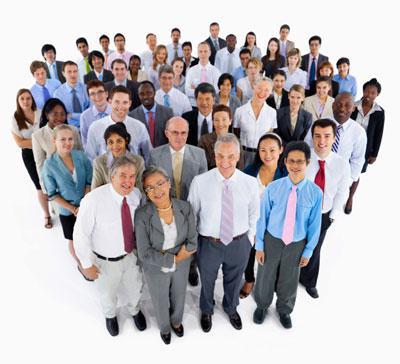
The concept of elites arose in ancient times. Plato, for example, singled out among people a special privileged group of philosopher-aristocrats, who, in his opinion, know how to properly manage the country. He was categorically against the admission to this layer of immigrants from the lower layers. I must say that he did not adhere to such an opinion, such views were of Nietzsche, Machiavelli, Schopenhauer.
The theory of elites was fully formed in political science and sociology in the 19-20 centuries. The bottom line was that in any society in every sphere there are few layers that dominate all the rest.
What is the political elite?
In Soviet times, the theory of political elites was considered the pseudoscientific teaching of bourgeois society. In Soviet society, this phenomenon should not have happened. Nevertheless, the theory of theory, and over time in the USSR formed its own powerful political elite. Moreover, it should be noted that among other elites, the political always occupies a special dominant place, since it is she who has the power and governs the state.
The political elite is a small privileged, independent group of people with certain social and psychological, political qualities that are necessary for managing people and the state.
Those who belong to such a political group usually engage in professional politics. Eligism - the theory of political elites as a whole system - was formed at the beginning of the 20th century in the works of G. Mosca, V. Pareto, R. Michels.
Wilfredo Pareto
Pareto is a famous Italian sociologist and economist. In his opinion, absolutely all societies are divided into managed and managing. I must say that those who govern must have special qualities, such as cunning, flexibility, the ability to convince, helping to subordinate. In addition, such people are usually willing to easily use force methods to achieve their goals. Such is the theory of the political elites of Pareto.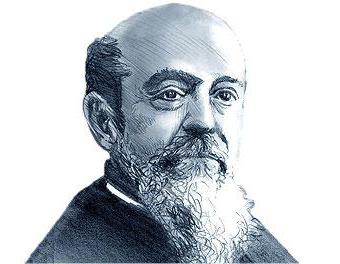
According to his views, managers are divided into two psychotypes. These are “lions” and “foxes”. It is clear that the "foxes" prefer to act quirky and cunning. Such elites are most acceptable for stable democratic regimes. “Lions” prefer more severe methods of leadership. They are more suitable for extreme living conditions.
Pareto developed not only the theory of political elites, but also the theory of its change. So, for example, in the case when the "foxes" can not cope with the management, they must be replaced by the "lions", and vice versa.In addition, Pareto divided the elite into two parts: the ruling and the non-ruling. The counter-elite (non-ruling) is that part of people that has the necessary qualities, but so far does not have access to direct leadership.
According to Pareto, a constant change and circulation of elites is inevitable, which makes it possible to understand and appreciate the historical movement of society as a whole. As everyone knows, the ruling dynasties then rise, then decline, and then give way to stronger ones. This trend has been observed since ancient times. Therefore, any revolution that accompanies the change of elites is nothing more than a struggle between the ruling and non-ruling part.
Oldest theories
The first theories of political elites appeared in ancient times. Even then, in their writings, philosophers wrote that the aristocracy should govern society. Such ideas were very clearly traced in the works of Nietzsche, Machiavelli, Plato. However, they did not receive sufficiently serious sociological confirmation. The concept of the political elite (theory of elites) was more specifically formed already in the 19-20 century in the works of Michels, Pareto and Mosc.
Gaetano Mosca
Mosca is a famous political scientist and sociologist in Italy. In his work “The ruling class” it is said that any society is divided into two classes. It is elite and managed. Naturally, the first is the ruling class, which monopolizes power, using not only legal, but also illegal methods. Moreover, the ruling dominates in any society - this indisputable fact is confirmed by the whole long history of mankind.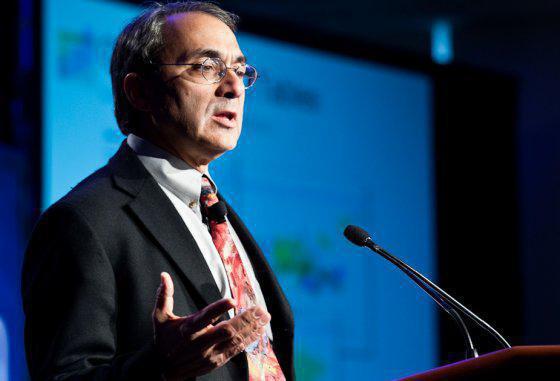
Mosca believed that the elite is formed precisely due to the presence of qualities that make it possible to control other people. However, if it focuses solely on its own interests, then in any case it will lose its political influence, which means that it will be overthrown sooner or later.
According to the philosopher, there are two options for updating the ruling class: aristocratic and democratic.
The second method is more humane and open, with it there is a constant influx of new trained leaders. The first option is closed. All attempts by the elite to form their community only exclusively from their representatives ultimately lead to degeneration and great stagnation in the development of society.
The most acceptable is a combination of both options, which allows for stable leadership.
As you can see, all theories of political elites of famous sociologists are very similar, the same thoughts are traced. All of them are based on the history of mankind. The theory of the political elite of Mosca, Pareto contains the same positions. The key is the idea of the dominance of the elite, which in turn is divided into two parts and periodically one clan replaces another in power, which actually happens in real life.
Robert Michels
Robert Michels is a famous politician and sociologist in Germany. His most famous work is the book Political Parties. In it, he says that any society is subject to the rule of the oligarchs. The society itself needs the leadership of the elite. In this way Michels formulated his “iron law of the oligarchy”.
Michels developed his theory of the political elite. In his interpretation, the ruling community, which, as a matter of fact, is the elite, during the formation is divided into two parts. One of them is the core, and the second is the apparatus. So it is the core that dominates. It is gradually getting out of control. And ordinary members are not in a position to control leaders because of their incompetence or unwillingness. In addition, as a rule, the masses need leaders, worshiping their charismatic qualities.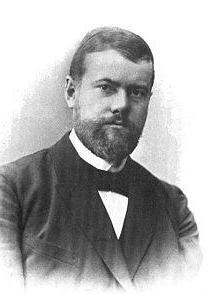
According to Michels, strict democracy is in principle not possible. Even in the best case, it will simply come down to competition between two oligarchic groups.
The ruling elite has some advantages.She possesses the skills and abilities of political struggle, exercises control over the means of communication, has more information.
Michels deduced patterns of development political organizations. The power in any organization is concentrated only in the hands of the leadership, and ordinary members play almost no role in making any decision.
In such a situation, the difference between the interests of leaders and ordinary members becomes very noticeable. Naturally, the dominance of leadership is felt. It turns out that Michels formulated the first concept of bureaucratization of the ruling circles.
Classical theory
Classical theories of political elites formed the basis of modern theories. At the end of the 20th century, various approaches to studying the problems of the formation of elites were formed. Among them, the main ones can be distinguished: value, Machiavellian, liberal, structural and functional.
Machiavellian approach
Its foundations were laid by the work of Pareto and Mosca. Adherents of this approach consider the elite as the ruling privileged minority, which has special abilities and qualities of governance in all spheres of life.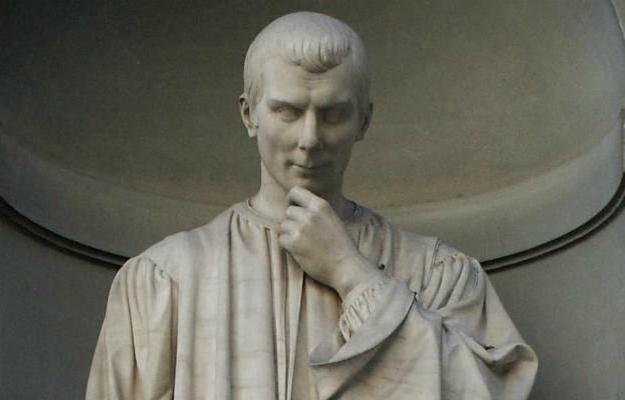
Its main function is the management and leadership of the population. Change of elites and their formation takes place in the process of struggle for power, while the moral aspect is not taken into account.
Value approach
In this approach, the elite is considered not only the ruling minority, but also the most valuable element of the social system, which has high indicators and abilities in government activities.
It is considered as the most productive and creative part of the whole society. As a result, the relationship between the masses and the elite takes on the character of control. At the same time, the authority of those in power is respected. The elite is formed by natural selection of the best personnel.
Structural-functional approach
In this approach, the elite’s main attribute is its social status. So, it includes those people who have a high position in society. The elite performs the most important management functions, makes all political decisions. Moreover, she has the greatest prestige in society.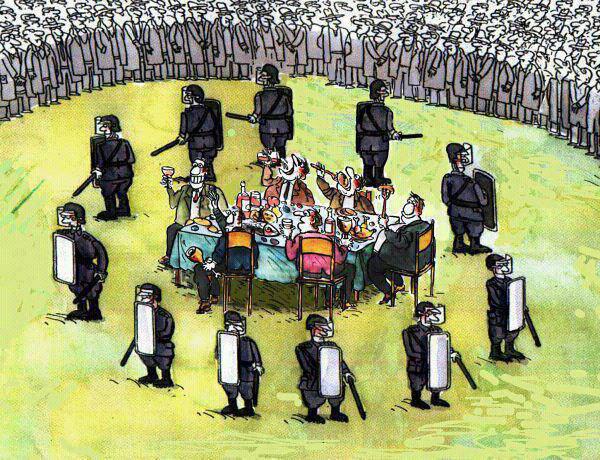
It is believed that she is highly qualified and trained specifically for leadership. This theory suggests that the elite is not a cohesive group, in the modern world, power can be distributed between different social groups.
The division into the masses and high society is generally very relative, since it does not have clear boundaries. The relationship between them cannot be described as dominant dominance.
The ruling community is formed from the most active and competent representatives who have ways to enter the elite. You can get into the ruling layer only with high personal abilities.
In democracies, elites have important governance roles, but their dominance cannot be claimed.
It must be rightly noted that such functional theories idealize reality very strongly, embellishing the difficult relations between the ruling stratum and the masses.
Liberal approach
The elite with this approach is an imperious minority that occupies important positions in economic and political institutions and at the same time has a huge impact on the lives of other people.
It turns out that the supporters of this trend do not consider the outstanding personality abilities as the main elite attribute, but the presence of team positions. The ruling layer is cohesive. However, the composition of the elite is completely heterogeneous. It includes not only the people who make the most important decisions, but also government officials, heads of major corporations, senior officers, and many others.
There is a huge difference between the simple mass and the elite.Representatives of the lower classes can get into the upper strata and occupy high positions, but they have very little chance of it.
The dominant minority is formed mainly of its own representatives.
The theory of the political elite of the party of the working class was present in the works of Lenin, despite his negative attitude to elitism.
Modern Theories of Political Elites
In modern science, many concepts of elites. All of them have their supporters.
We have already examined what the political elite is. The basic theories of the elites of modern society are so numerous that it is difficult to cover everything. Therefore, we settled on the most famous.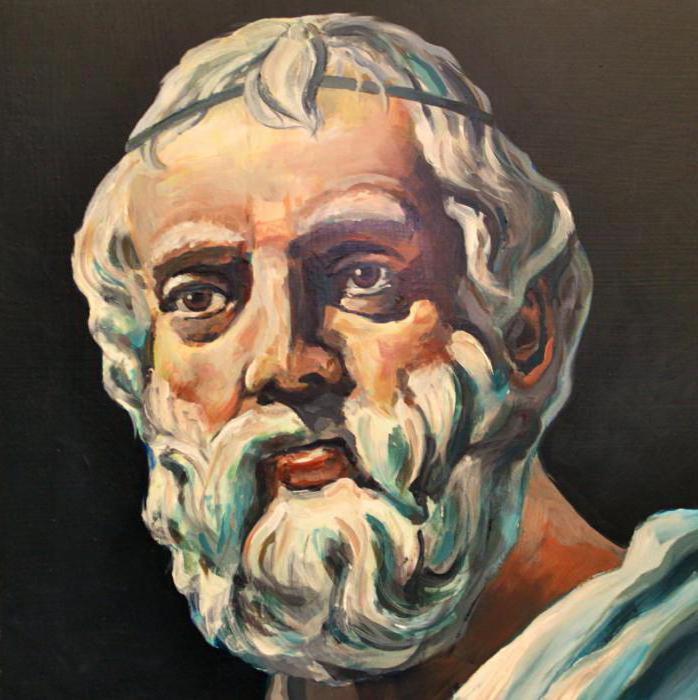
Summing up the topic “Political Elite. Theories of the Elites ”, we can draw some conclusions:
- Privileged strata are present in all societies; in each of them there is a division into a controlled majority and a ruling minority. This division is determined by the whole history of mankind.
- The dominance of the elite corresponds to the interests of all sectors of society, but only when the most talented and capable people enter it, whose superiority over the main masses is simply obvious.
- The political elite is certainly connected with the economic.
- The people who are part of the upper strata know how to easily manipulate not only the masses, but also public opinion.
- The changeability of the elites makes the ruling class take care of those they govern.
